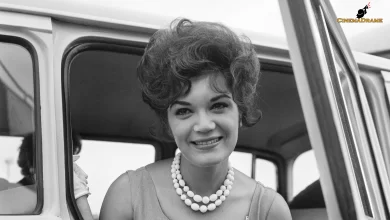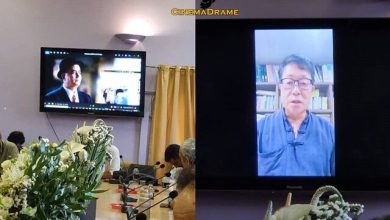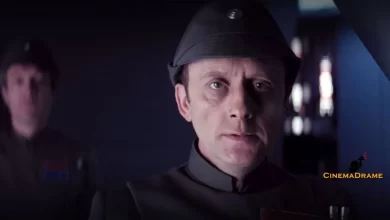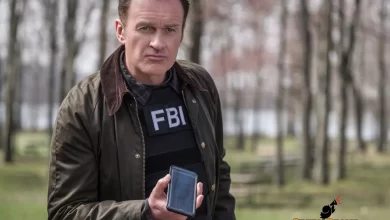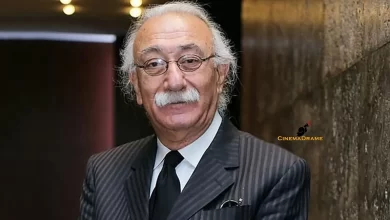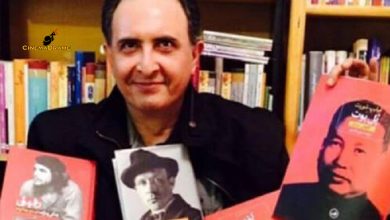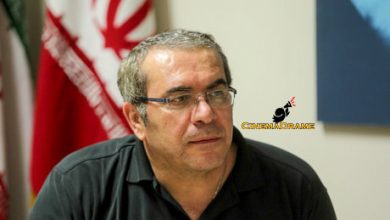“I struggled within myself to accept his death!”
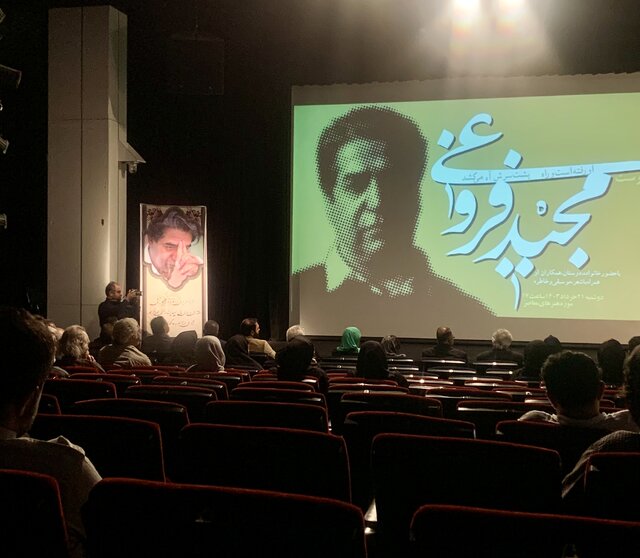
A memorial ceremony for Majid Foroughi, the late journalist and media activist, was held at the Tehran Museum of Contemporary Art, featuring poetry readings, music performances, and storytelling about him.
The event, which took place this afternoon, Tuesday, June 11, at the Tehran Museum of Contemporary Art, included speeches by Hassan Namakdoost Tehrani and Mahnaz Ronaghi, two professors of communications and culture, who spoke about Foroughi.
Namakdoost, mentioning the concept of “the gift of sorrow” based on a book of the same name, stated: “With Majid’s loss, we all fell into sorrow, but now, everything we remember about him is filled with goodness—happy moments and friendships he gave us, and these memories now fill the void left by his loss.”
He added, “Majid gave us kindness and goodness that is invaluable, and now more than ever, I appreciate him. He was like a refreshing breeze, and all we remember about him is warmth, friendship, and sharing joy.”
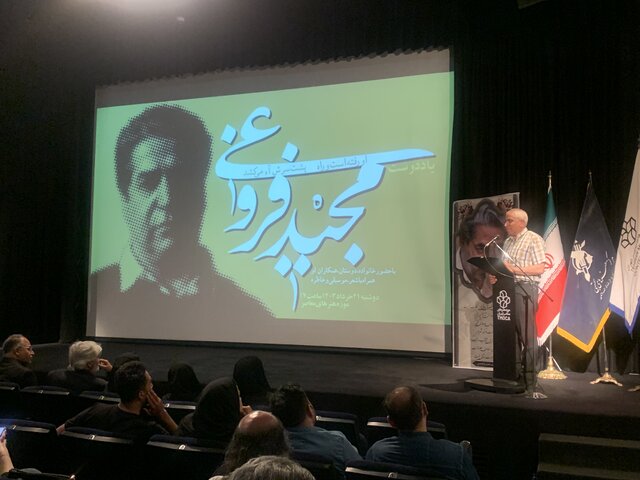
Namakdoost, referring to the sudden death of the journalist, recalled: “How calmly and patiently he left. I wish we were all like that.”
The communications professor then presented a theory about Iranian journalism, criticizing certain misconceptions about the quality of journalistic work. He explained: “There is a mistaken view about journalism, where an article is undermined by labeling it as ‘journalistic.’ However, journalism has depth, and for this reason, it gives credibility to the content. Majid was a journalist like this. He could add credibility to a topic.”
Dr. Namakdoost continued: “Majid even had a human and social perspective when describing a painting. In an era where concepts like love, friendship, and courage are lost, we must benefit from the gifts Majid gave us, including friendship and warmth, before we drown in tears.”
Later, Mahnaz Ronaghi, Majid Foroughi’s Ph.D. advisor, recalled: “In 2021, we accepted a very good group for the doctoral program in communications, and Foroughi was one of them. He sat so quietly that it took me a long time to notice him. It seemed like he wanted to remain invisible.”
Expressing her sorrow over Foroughi’s sudden passing, she added: “His death challenged me, and it took a long time for me to understand it and find an answer to the unfairness of the timing of his death.”
Dr. Ronaghi continued: “I, who used to engage my friends and students in debates, struggled with myself for a long time to accept his death. Eventually, after some time, I concluded that perhaps his death might reduce my inner conflict with life and death.”
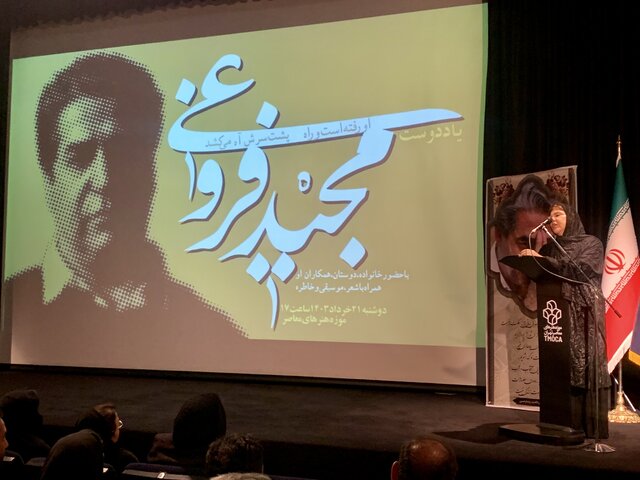
This university professor pointed out: “Being or not being alone doesn’t solve anything. Some people, even after their death, are present as much as all the years we were together, while others are not present even when they are alive.”
Ronaghi, noting that simply being in this world is not easy, added: “Today, I am sure that nothing changes with death. This world is not as random as it seems. His death deeply affected me, yet in a way, it gave me hope that ethics still exist in this chaotic world.”
She, who had collaborated with Foroughi as his advisor on his doctoral thesis, reflected on the topic of his thesis: “I used to wonder how aesthetics and death could relate to each other. His main concern was the destruction of art, and he wanted to understand what happens to art in this media-driven environment.”
Ronaghi concluded her remarks: “For us, the best thing as teachers is seeing our students in various places, and the worst thing is hearing of the death of one of them. The image of him on the day of my film screening, leaning against the door of the Shahnaz Hall at the House of Artists, will never leave me.”
During the ceremony, several video clips featuring conversations with Foroughi’s friends were played.
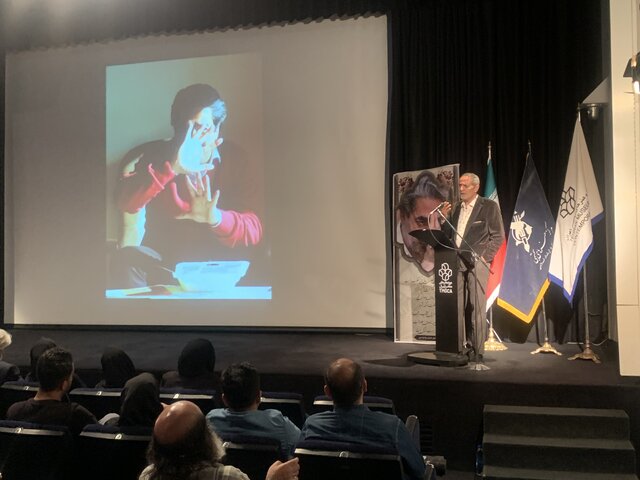
Then, Fazel Jamshidi, a singer and one of Foroughi’s friends, performed two pieces of music in his memory.
The event, which was attended by Mohammad Khorasani Zadeh, the director of visual arts, saw friends and colleagues of Majid Foroughi, such as Mahmoud Noraei, Mohammad Tabatabai, Maryam Sajdehi, Mokhtar Shakarpour, Amir Allameh Zadeh, and Saeed Fallahfar, sharing their thoughts about him.
In the final part of the program, Rahim Foroughi, the older brother of Majid Foroughi, expressed his gratitude to the attendees and his brother’s friends and recited a poem he had written in his memory. / ISNA
